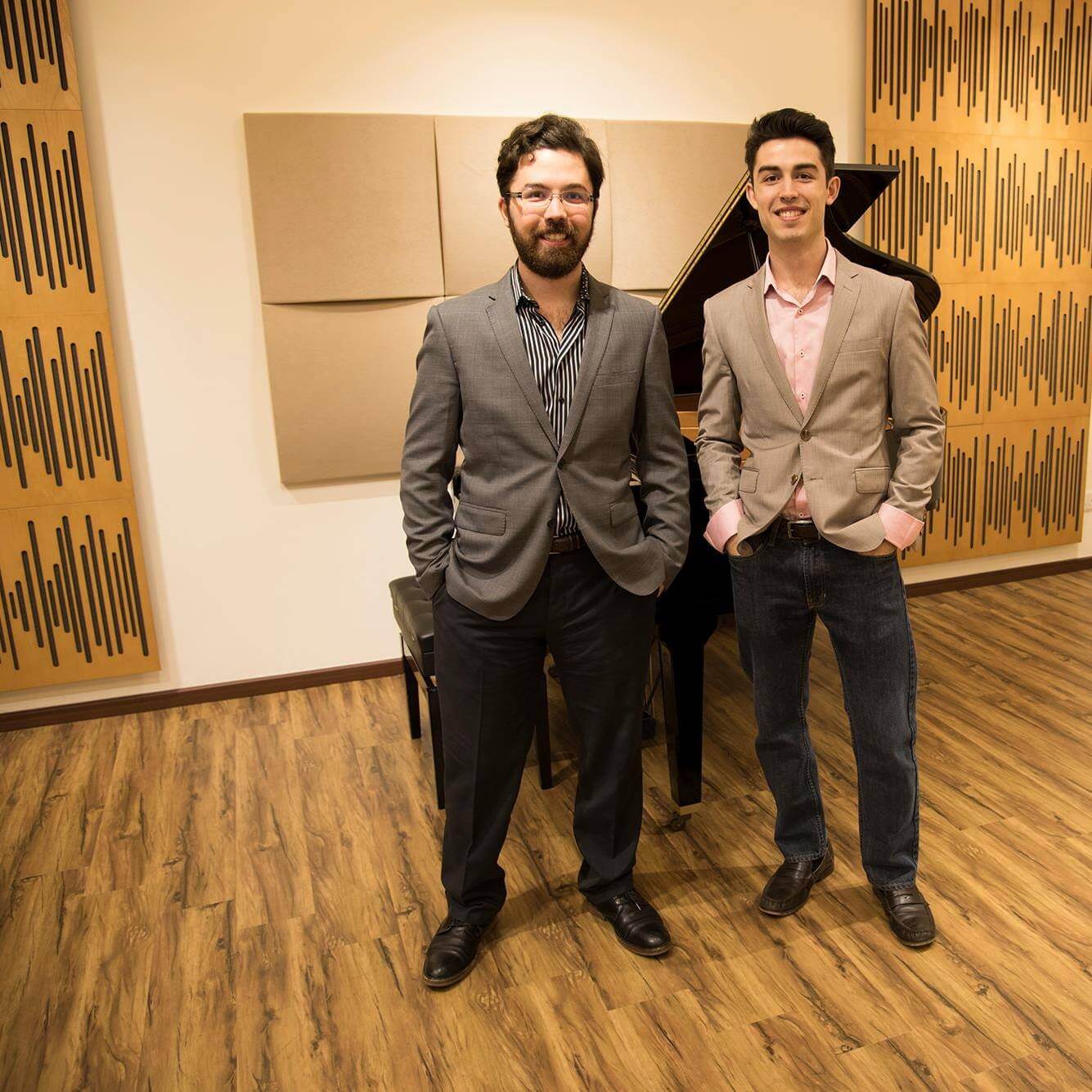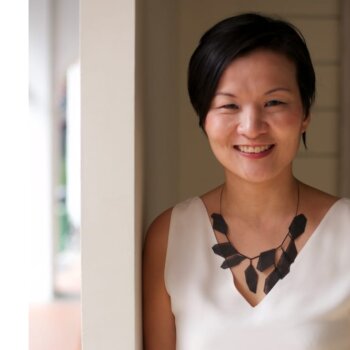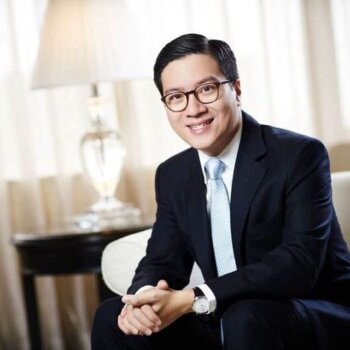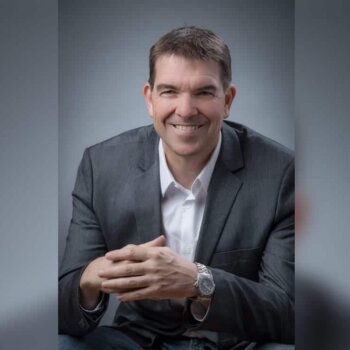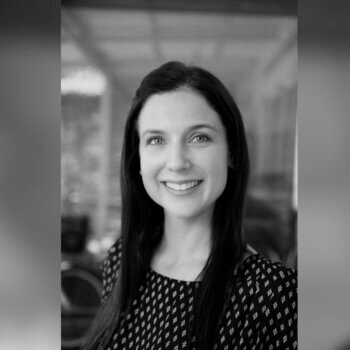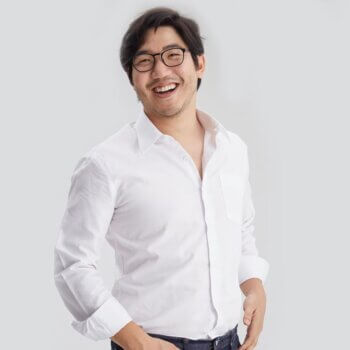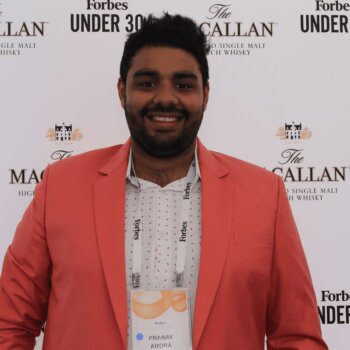Lawrence: Lawrence began his foray into music at the age of 11 with teachers Virginia Cayton and Dr. John Robert Ringgold, whose lineage can be traced back to Beethoven. Back in 2010, Lawrence was the first American pianist to be accepted into the prestigious Yong Siew Toh Conservatory in Singapore and have won two of the top prizes at the Yong Siew Toh Conservatory of Music Concerto competition. He has also completed a solo recital tour of seven U.S. cities and had the chance to study alongside nine other young pianists with Jiri Hlinka and Leif Ove Andsnes in Bergen, Norway for a two week intensive piano Masterclass and have since worked both privately and in public Masterclasses with various artists such as Melvyn Tan and Andre Watts.
Julius: Julius started two successful businesses before the age of 20. He began working at age 14 polishing wine glasses in a wine tasting room, and then as a bus-boy in Michelin star restaurant Madrona Manor at 16 where he learnt the significance of going above-and-beyond for customers. Julius decided to try his hand at an entrepreneurial adventure by setting up TITÆN, a B2C IT services company in California. At first it started with servicing family and friendly computers and networks, but by focusing on immediate response times and customer service, they were soon contacted by the local businesses ranging from 3-25 employees. Following a strenuous project for our largest client at TITÆN, he decided to visit Singapore to visit his brother and found himself immediately falling in love with the Singapore. At about the same time, he had been discussing with my brother and now co-founder of Aureus Academy about its potential in Singapore. It was then that he decided to sacrifice his time for TITÆN as Julius believed in his brother’s vision for Aureus Academy. With funds from TITÆN and seed investors, Julius co-founded The Aureus Group Pte. Ltd. at the age of 20 with Lawrence back in 2013 and currently oversee all operational matters for Aureus Group Pte. Ltd.
In your own words what is Aureus Academy?
Aureus Academy is Singapore’s fast growing music academy that redefines how children learn and experience music. We believe in nurturing a student’s love for music and good grade will follow.
Today, Aureus Academy has three centres, an enrolment of close to 1,300 students, a 35-strong full-time teaching staff, 29 studios and two recital halls – all in slightly over 2 years. All teachers at Aureus are also trained performers, and collectively have the most tertiary qualifications among its teachers than any other music school in Singapore, which is testament to its commitment to raise the standards of music education in Singapore.
How did you come up with the idea of Aureus Academy?
Lawrence: When I was studying at the Yong Siew Toh Conservatory of Music at National University of Singapore (NUS), we kept receiving multiple requests to teach music from acquaintances and friends. After receiving similar requests for many months, we did our research and saw a good opportunity to build a music school that would be different from what was available in Singapore. We wanted to elevate the standard of learning music in Singapore by providing in-depth knowledge and experience that only a professional musician could have. As of now, Aureus Academy has more tertiary qualifications (42 Bachelor’s and Master’s and Doctoral Degrees) across our schools than any other music school in Singapore.
A parent had such a positive experience with our teachers, programme, and customer service that, within a few lessons, she offered to bring in a group of investors into our company. This group has backed us in our expansion plans.
The principal challenges in growing Aureus Academy have been:
- Building the right team – Our teachers and employees are the brand ambassadors of Aureus Academy and each person plays a key role in the overall customer experience. By ensuring we have the very best people who fit in our company culture, it’s much easier to create a positive customer experience. Our work culture is modeled after the Silicon Valley startups where people are treated with respect, independence, but are also may work intense and long hours. Ultimately, all of our employees are fully-committed to Aureus Academy and the experience that has made us so successful.
- Streamlining offerings – We’ve realized it is impossible to give everyone everything they want. We have streamlined Aureus Academy to focus on piano, violin, guitar, and voice lessons. By focusing on a smaller group, we have managed to create a formula for maintaining a high standard in these lessons. Only after 2 years have we launched expanded programmes such as group classes, music exploration, woodwind, and brass lessons. Even then, we are only launching these programmes based on the team we have behind them as we believe if their capabilities and their dedication to developing the programmes.
- Managing growth – As we have quadrupled in size in less than a year, we have faced a number of challenges related to expanding at this rate. Essentially every system that we previously had in place had been broken by our growth. We had to find ways to streamline these processes which include:
- CRM – Making sure customers are being answered promptly and systematically being placed in our CRM system.
- Scheduling – This has been an extremely difficult challenge to schedule 1,300 students with flexibility. We developed a system that allows us to keep track and adjust in very short time frames
- Recruitment – As we have grown so fast, we have to be proactive in recruiting the right teachers. We incentivize our employees to recruit for us in addition to approaching major institutions with attractive job opportunities.
Our plan is to become the dominant provider of music education in Asia. We are developing our formula for success and will be implementing this with a rapidly scaling business model with much more aggressive expansion plans in the future.
What kind of feedback have you gotten so far?
As a small business it’s very important for us to focus on our customers feedback. On a weekly basis, we receive dozens of emails from customers thanking us for our teacher’s dedication to their child, flexibility, and response times. If we don’t receive these compliments, we feel like we’re letting our customers down by not providing the best possible experience in a music school. Parents are very vocal about feedback and we’re happy as they are constantly giving us ideas to make Aureus Academy even better.
What is your strategy against your competition?
We have discovered that the key to success at Aureus has come mainly from differentiation. We have never tried to undercut, or outsell other providers, but rather provide an experience that is simply better. We’ve created an unparalleled experience in with our teacher and our customer service team. By focusing on our core values (which may be different from other schools) and hiring the very best people, we have become the leading company in our industry.
Have you developed any industry insights that you could share?
Music schools are quite unique to Asia. Although there are music schools in the US and Europe, they are not as prevalent as they are in Asia. Learning a musical instrument has become an integral part of the Asian culture, whereas, in the US it is no longer considered an important component of education.
In Singapore, schools focus quite a bit on exams. Although exams are a great tool to help children achieve goals and push themselves, as well as compare with other students, many students do not enjoy their lessons and practicing because they are forced to try and ‘cram’ everything in before the exams. This is not possible for music. This preparation is based mainly on engaged regular practice that can only come when the student enjoys the process of learning.
At Aureus Academy, we focus on the student’s interests and music that each student enjoys while still teaching the fundamental skills, knowledge, and technique that can be applied to the exams. This makes playing an instrument and practicing much more fun!
What is the future of the industry and how do you plan to stay relevant in this industry?
Music education has tremendous potential in Singapore and Southeast Asia. We believe there are significant untapped markets in the region, and that parents will continuously want music to be a part of a complete education for their children. We believe that the key to staying relevant is continuously hiring and training new talent. In addition to this, retaining our existing employees is hugely important as we need to ensure that they enjoy what they do.
Were there anything that disappointed you initially?
Being an entrepreneur requires you to look at the big picture when other people don’t even see a frame! Both Julius and I feel that people are very often too shortsighted, which has a negative impact on long-term goals of the business. We were lucky to have some incredible team members at the beginning truly believe in our vision, and they are an integral part of our company today.
What do you think about being an entrepreneur in Asia?
Being an entrepreneur in Singapore is a tremendously rewarding thing. Singapore is very friendly to those who want to start a company and the ease of doing business here is incomparable. We believe that Singapore is a significantly more hospitable place to start a business than many of the neighboring countries. The wealth of opportunities and support channels have certainly made starting a business easier!
In Singapore, we feel as though the government is really trying to help businesses get started. They offer massive tax reductions in your first 3 years of business
I think one of the things I admire most about the businesses in Asia is the sense of community. Many people in the West are striving to be the next Bill Gates or Steve Jobs, and the approach is different here. A community of people focusing on a singular goal is more powerful than a single person trying to change a whole industry. Having a great team has helped us realize this.
What is your definition of success?
We believe that the most successful companies are those that make meaningful changes. Financial rewards, publicity and fame are just a byproduct of creating something truly meaningful. I would never want to be considered successful unless I did something that truly changed the industry in a positive way!
Why did you decide to become an entrepreneur?
Conviction and stubbornness have contributed to our career paths! When you set your mind on a goal and find out that starting a company is the only way to do it, then you go ahead and do it! Also, pursuing an entrepreneurial path also has given me the freedom to spend time developing as a concert pianist.
Connect
https://www.facebook.com/AureusAcademy/
